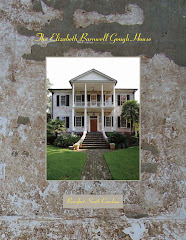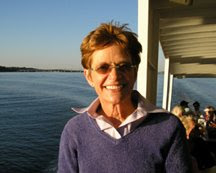
While the Massachusetts 54th and the 1st and 2nd South Carolina Volunteers fought for equality for America’s black population on the battlefield, Esther Hill Hawks was one of the missionaries who came from the North to fight for the same goal in the classroom.
One of the great ironies at Hospital #10 was that Esther Hill Hawks, one of the earliest women doctors in the US, was unable to serve officially as either a doctor or a nurse. She had earned her medical degree in 1857, shortly after her marriage to John Milton Hawks. A doctor himself, he was not as progressive in his thinking as Esther and lamented that he would have preferred her to tend to his comfort rather than her medical studies.
Esther overcame his objections but was unable to overcome the gender prejudice of the era. Unable to secure a position as a doctor, she attempted to find service with the army as a nurse. But Dorothea Dix, head of nursing for the Sanitary Commission, the organization appointed by the government to assist with sick and wounded soldiers, would not employ nurses who were young or attractive. And Esther had the misfortune of being both.
Given the desperate need for nurses during the war, it seems unfathom able in today’s light that Esther Hill Hawks would be rejected. Social conventions of the time, however, were rigid. Women of good reputation did not venture out unescorted and certainly not in the company of men. With the necessity of having nurses and soldiers in close proximity, Dix’s intention presumably was to avoid any hint of impropriety.
Eager to serve in the war effort and wanting to join her husband (who had received appointment as U.S. Army Acting Assistant Surgeon on the staff of General Rufus Saxton in Beaufort), she secured a position as a teacher of freedmen with the National Freedman’s Relief Assoc.
Her first duties as teacher were with the 1st SC Volunteers. So great was the desire of former slaves to learn to read that the army made teachers available as one of the benefits of enlistment. Her connection with the 1st SC Volunteers eventually led her to Hospital #10 where she served as teacher, nurse and ultimately an unofficial Surgeon, the title at the time for doctors. From the back porch of Hospital #10, Esther reviewed soldiers reporting in sick. When the lack of a male doctor at Hospital #10 was discovered, Esther was relieved of duty. But she at least had served for a brief period in her chosen profession, albeit unofficially.
Please note that the material in this blog is copyrighted. It is not to be reproduced without my specific written permission.
.jpg)
